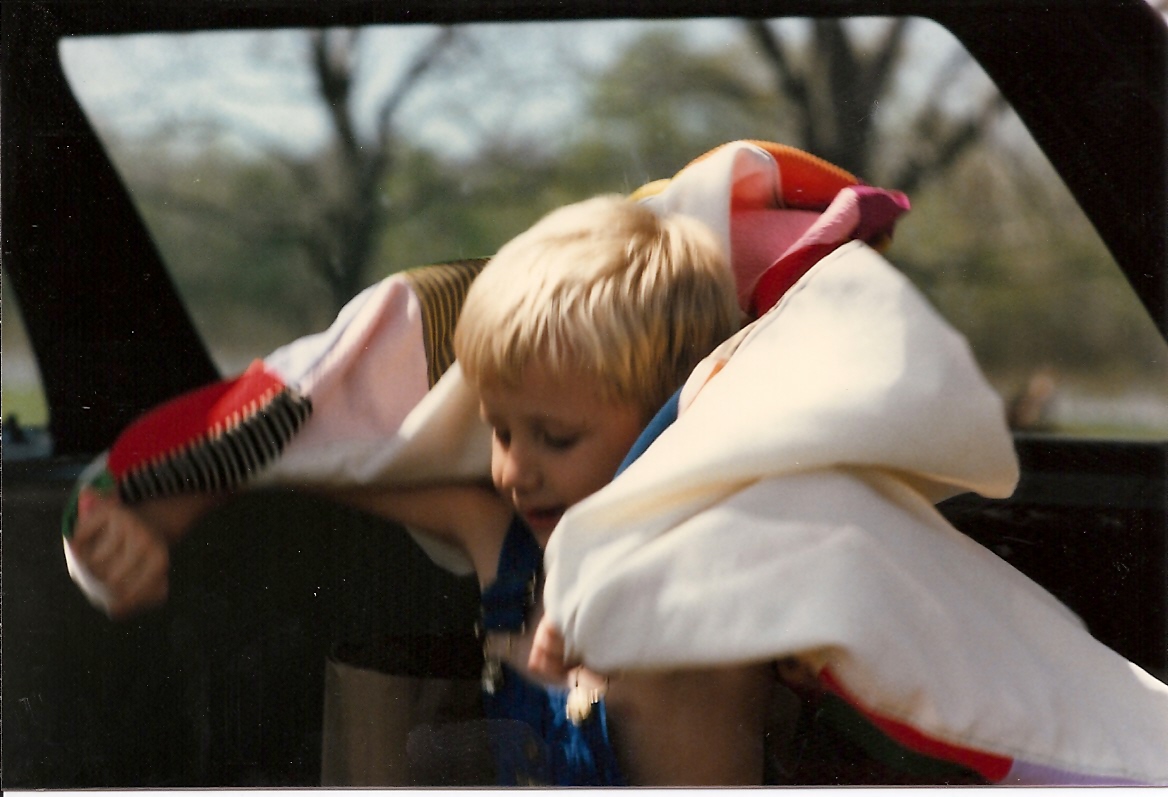One of the scariest moments of my firefighting career came in the first years of my vocation. I was riding with the fire chief on the way to a car fire gone awry. The only unit dispatched arrived to find the car was parked in the garage of a house. This might be compared to facing the opposing football team with a quarterback, center and a kicker. Anyway, I was too close to the chief and we were now on the road.
Chief was driving with his knee, holding a cigarette in one hand, a microphone and glowing cigarette lighter in the other hand. We were traveling through waist high grass in the median of TX-59 at a speed beyond the last digits of the speedometer. The odor of overheated brakes filled the car as chief was looking at us in the backseat and asking if we needed to change our underwear yet. Hmm. What was the example?
Daily we live our lives in view of our children, subordinates and peers. What will they remember of our behavior? We should demonstrate actions which reflect the behaviors we would have them exhibit: courteous, compliant with the law and contemplative.
But what if one day down the line while asking them to be respectful, regard the rules, or rethink an action, they recall a time we did not adhere to the practices we are preaching? What should we do when confronted with our own apparent hypocrisy? What is that? Good, I thought you would reassure me that your behavior will not provide this opportunity.
Well, as amazing as it may seem, I have been in this position. I have been called on my behavior. Yes, in the middle of scolding or caution I have been called to account by my children and subordinates. It was embarrassing. It was uncomfortable. The words, “Don’t do as I do, do as I say do,” came to mind. Thankfully I managed to suppress this statement as it serves only to affirm the double standard. I wanted to hide.
Now I am much wiser. I work with more diligence to model my expectations. I also have a plan I am caught with less than favorable conduct.
First, if I think their memory is incorrect, I will allow the opportunity to admit the possibility that this happened. It is an acknowledgement that I am prone to make mistakes. A certain apology will be my response if I know that they are right. Second, I will apologize for my poor example. Lastly, I will commit to joining them in corrective actions.
I believe this openness provides to keep us moving in the direction of good judgment. We will also be setting the example of humility and honesty. How might you handle such a situation?



I am not certain how I would handle this type situation. Perhaps if memory serves you better than it does me – you can let me know if this has happened in the past and if I was wise enough to explain that I may have set a poor example and am reflecting on my poor judgement in an attempt to teach others what not to do. Yes, an apology would be in order and the effort to improve myself while setting better examples.
I’m afraid I’ve found myself in this situation too often in the past. (I’m hoping to do better in the future). I apologized when I realized what I did and talked it over with the person who caught me at my worst. Working with them we/I come up with a solution to resolve the current problem. and I put myself on alert so I do not do that again.
Getting caught at our worst is embarrassing yet we can hope to the future. Thanks for sharing.